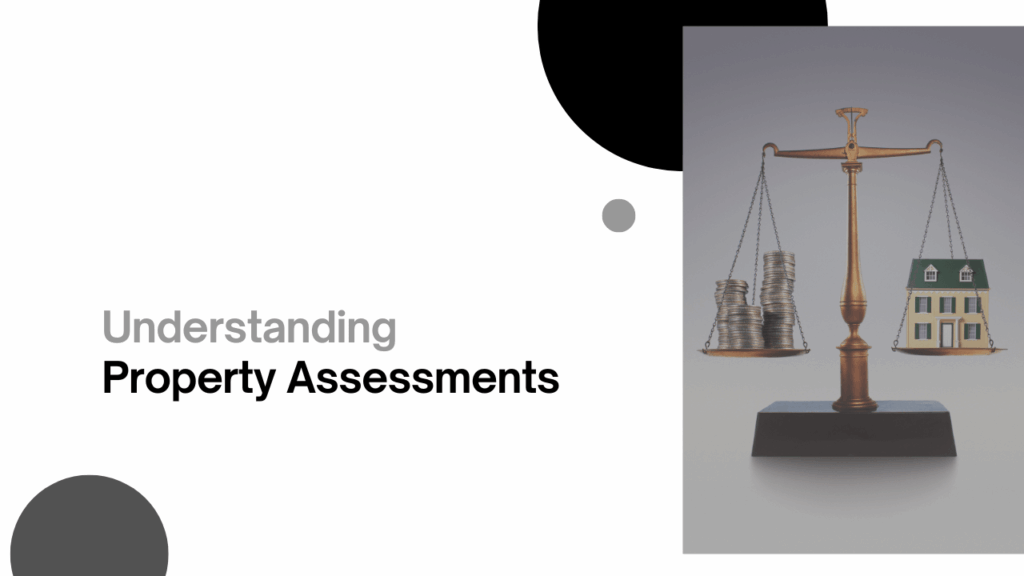
What kind of an impact do property assessments have on your bottom line, as a rental property owner?
Rental rates are important. So is tenant screening, preventative maintenance, and retention. But those assessments are also a factor in income, expenses, and profitability.
Understanding how Santa Rosa property assessments work can help you anticipate costs, budget more accurately, and even strategize long-term investment decisions. So let’s take a closer look at what a property assessment is, how it’s determined, why it matters for landlords, and how to manage the process effectively.
Quick Overview:
|
Property Assessments in Santa Rosa’s Real Estate Market
A property assessment is the process by which the local government determines the taxable value of your property. This value is then used to calculate your annual property tax bill. It can be a complex situation to approach. You want your property to be worth as much as possible. But at the same time, you want your property taxes to be low. How to reconcile this?
In Santa Rosa, assessments are managed by the Sonoma County Assessor’s Office. The assessed value of your property is not necessarily the same as your property’s market value. This is important to understand. Although the two are related, they’re also separate from one another. The assessed value of your property is a value determined using guidelines under California law, primarily the Proposition 13 framework, which governs how property values can increase from year to year.
Let’s get into more detail about Proposition 13 and how assessments are calculated.
Calculating Property Assessments in Santa Rosa
Property assessments in Santa Rosa follow California’s statewide property tax rules, but there are some local nuances. Here’s how it generally works:
- There’s a Base Year Value
When you purchase a property, the purchase price becomes the base year value for tax purposes.
This means that if you buy a rental property for $800,000, then that becomes the starting assessed value for the investment.
- Increase Limits with Proposition 13
Under Prop 13, your assessed value can only increase by a maximum of 2% per year, regardless of how much the actual market value goes up. This pertains to all properties in California, unless there’s a change in ownership or major new construction. The law protects owners against a rapid and unexpected increase in assessed value.
Here’s an example. If you bought your property in 2018 for $800,000, by 2025 your assessed value might be around $900,000, even if the market value is estimated at $1.1 million or more.
- New Construction or Improvements
If you make major improvements to the property, such as adding a new unit, completing a large remodel, or building an accessory dwelling unit (ADU), the added value is assessed separately and added to your base value.
- Supplemental Assessments
When the property changes hands or new construction is completed, a supplemental assessment may occur, adjusting your taxes mid-year to reflect the new value.
Property Assessments Matter for Rental Property Owners
When it comes to evaluating the finances of your investments, assessments have to be included. While assessments may not be as exciting as rental income projections, they have a direct and ongoing impact on your cash flow and profitability.
- Assessments Determine Your Property Tax Bill
Santa Rosa’s property tax rate is generally around 1% of assessed value, plus local voter-approved bonds and special assessments for schools, fire protection, and infrastructure. That means if your property is assessed at $900,000, you might pay roughly $9,000–$11,000 per year in taxes.
- Assessments Impact Your Budgeting and ROI
Unexpected jumps in assessed value, which are often due to new construction or reassessments, can significantly alter your expenses. Without planning, this can eat into your cash flow or force rent adjustments.
- Assessments Influence Long-Term Investment Strategy
If you’ve owned a property for many years under a low assessed value, your property taxes are relatively low compared to newer owners. This “tax advantage” can influence whether you choose to hold, refinance, or sell.
Common Reasons for a Change in Assessment
Property assessments in Santa Rosa are relatively stable year to year, but certain events can cause significant changes. These might be:
- Property Sale or Transfer
When you sell or transfer ownership, except in certain family transfers, the property is reassessed at its current market value.
- Major Renovations or Additions
We’re talking about more than fresh paint or updated landscaping. Substantial improvements trigger a reassessment of the improved portion. Structural upgrades and renovations change your assessment. This is something most owners will consider before they make major improvements.
- New Construction Completion
If you build a new unit, finish an ADU, or convert a garage into living space, the added value will be assessed.
- Appeals or Corrections
You can appeal your assessment. Sometimes, a property owner disputes the assessed value through a formal appeal, which can result in a downward (or rarely, upward) adjustment.
Special Assessments in Santa Rosa
In addition to the base property tax rate, Santa Rosa property owners often pay special assessments for local services and infrastructure. These may include:
- School bonds for local districts
- Fire protection assessments
- Water and sewer district fees
- Community facilities district (CFD) levies
These special assessments can add hundreds of dollars to your annual property tax bill, and they vary depending on the neighborhood.
Reading Your Property Tax Bill
As a rental property owner, it’s essential to review your property tax bill each year to understand what you’re paying and why. The bill will list your property’s assessed value on both the land and any improvements. You’ll see a general tax levy, which is typically 1% of the assessed value. Special assessments will be listed individually, and then you will see the total that’s due.
Comparing the assessed value to your purchase price and prior years’ bills can help you spot unusual changes.
Managing Property Assessments as a Landlord
While you can’t directly control the county’s assessed value, you can take steps to manage the impact. Here are some of the strategies we suggest.
- Budget for Taxes in Your Financial Plan
Always account for property taxes in your cash flow projections. If you own multiple properties, track each one’s assessment and tax bill separately.
- Appeal If You Think the Assessment Is Too High
If the assessed value is higher than the property’s market value (for example, during a market downturn), you can file an appeal with the Sonoma County Assessment Appeals Board. Be prepared with comparable sales and data. Property managers and tax experts can help.
- Understand the Tax Implications of Improvements
Before starting major renovations, estimate the potential tax impact. Sometimes, staging upgrades over time can help manage increases.
Assessments and Rental Pricing
Do assessments impact what you’re able to charge in rent?
Not exactly. In Santa Rosa, like anywhere, rental rates are shaped by market demand, but your ability to maintain profitability depends partly on controlling expenses. Property taxes are one of the biggest expenses after mortgage payments. If your property tax bill rises significantly, you may need to raise your rent at renewal time, in an amount that’s legally compliant. Higher taxes might inspire you to look for ways to reduce other operating costs. You might find yourself re-assessing your entire investment strategy.
The key is to stay proactive, not reactive, so you’re not caught off guard by a larger-than-expected bill.
Santa Rosa Property Management Can Help
Keeping track of assessments, tax changes, and appeals can be time-consuming. A professional property management company in Santa Rosa can take some of the burden off your plate. We track assessment notices and deadlines, advise owners on cost-saving strategies, assist with budget planning to account for taxes, and provide market data for appeal cases. You can also count on us to ensure compliance with local rent control laws when adjusting rents. This support can make a significant difference in your investment’s performance.
Market Trends and Assessment Changes
 Santa Rosa’s real estate market has seen steady appreciation in recent years, driven by housing demand, limited inventory, and a desirable quality of life. While Prop 13 limits annual increases in assessed value, new purchases and major improvements can still cause jumps. Budget for increases in special assessments that might show up for infrastructure and wildfire prevention. There may also be local redevelopment projects that could raise property values and eventually, assessments.
Santa Rosa’s real estate market has seen steady appreciation in recent years, driven by housing demand, limited inventory, and a desirable quality of life. While Prop 13 limits annual increases in assessed value, new purchases and major improvements can still cause jumps. Budget for increases in special assessments that might show up for infrastructure and wildfire prevention. There may also be local redevelopment projects that could raise property values and eventually, assessments.
Understanding property assessments can help with budgeting, planning, and re-evaluating investment goals. That’s why we make it part of our property management strategy for rental property owners in Santa Rosa. If you have any questions or you’d like more information about how your property is valued, we can help. Please contact us at Prestige Real Estate & Property Management. We manage homes in Sonoma County, including Santa Rosa, Windsor, Sebastopol, Petaluma, and Rohnert Park.
